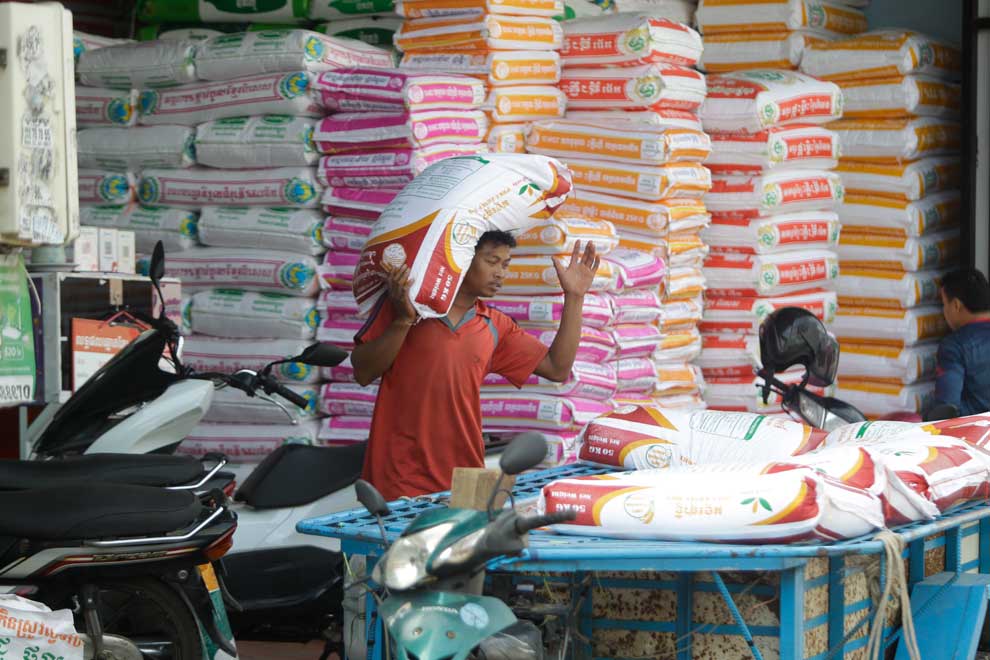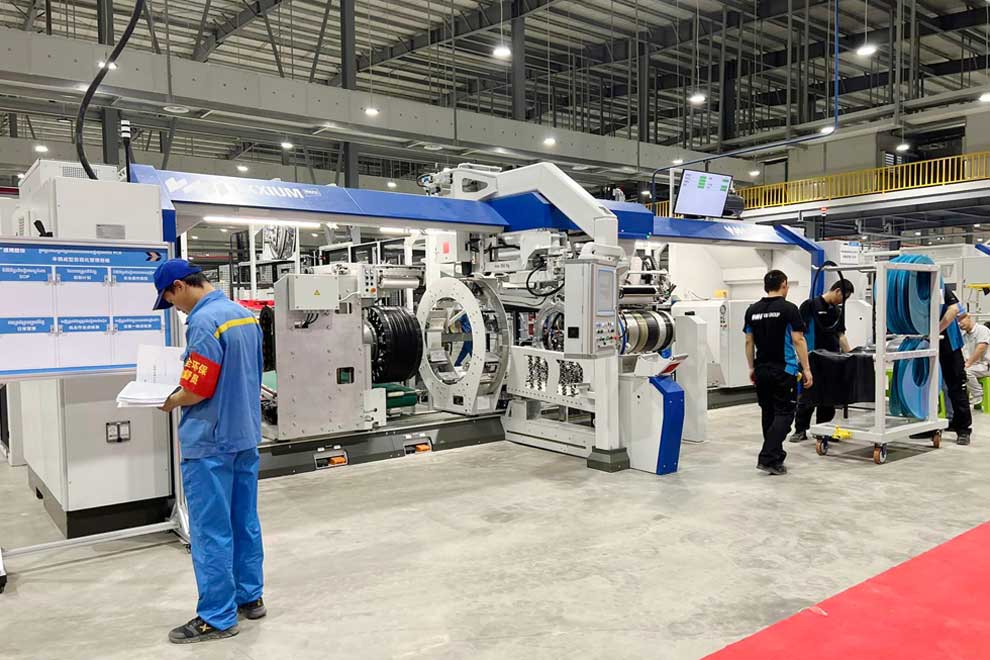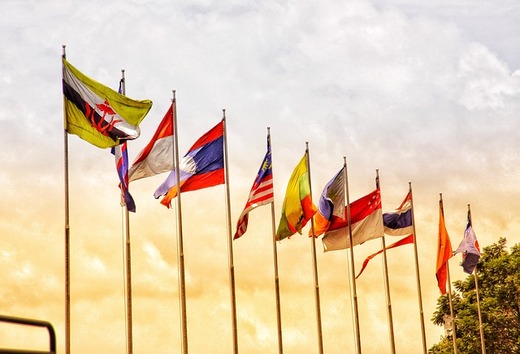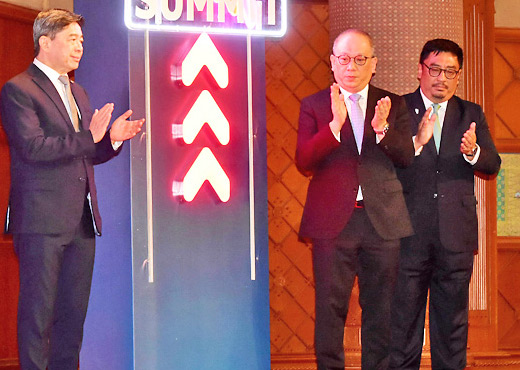THE Asean+3 Macroeconomic Research Office (Amro) expects the gross domestic product of the region to grow 4.5 per cent this year, underpinned by resilient domestic demand.
The macroeconomics surveillance organisation on Thursday (Jan 18) maintained its earlier October 2023 projection for the 10 Asean member states, as well as China, Japan and South Korea.
Robust domestic demand continued to anchor the region’s growth, supported by the improving external sector, said Amro.
Other growth drivers included the gradual recovery of China’s property sector and the anticipated return of tourism to pre-pandemic levels.
Domestic demand main growth engine
In its latest quarterly update, Amro highlighted that private consumption in the Asean+3 region remained firm, on the back of favourable labour market conditions.
The ongoing recovery of the travel industry kept retail sales and services spending strong. As investment approvals increase, investment activity of Asean economies also picked up pace, said Amro.
Conversely, due to modest exports performance, capital expenditure in machinery and equipment in Japan and South Korea remained weak.
Improving external sector
The region’s export performance is improving gradually, noted the report, although the pace of recovery varied widely across economies.
The chip industry’s rebound, especially in advanced semiconductors, benefited exports of the plus-3 economies – South Korea in particular – but not the Asean economies as much.
Exports from South-east Asian nations were dampened by lower global commodity prices and weak demand for non-tech products, such as textiles, the report found.
“The recovery in the global tech cycle is starting to be felt in the region’s export performance, especially for electronics,” said Amro’s chief economist Khor Hoe Ee. “But non-tech exports are lagging in terms of recovery, which is why recent manufacturing sentiment surveys are relatively mixed.”
Meanwhile, tourism continued to lift the region’s service exports, which – as at Q3 2023 – have already exceeded end-2019 values in most Asean+3 economies, excluding tourism-reliant countries such as Thailand and Cambodia.
Amro’s economists anticipate a full recovery to pre-pandemic levels materialising later this year.
China’s recovery
The report highlighted that economic activities in China appeared to be stabilising, with industrial production rebounding to expand at the fastest rate since February 2022 and the services sector growing in Q4 2023.
Private consumption in Asia’s largest economy remained robust, with retail spending strengthening.
Amro expects additional policy support for infrastructure investment to bolster China’s near-term growth momentum.
US, Europe growth moderation loom large
The report raised adverse spillovers from the run-up to the US presidential election in November as a new risk that could impact baseline forecasts.
Amro’s economists cautioned that heated populist debates during the election campaigning in the US could set off stronger protectionist sentiments and measures, resulting in turbulent financial markets.
“The lead-up to the US election in late 2024 could exacerbate policy uncertainty and volatility in financial markets,” said Dr Khor.
Other threats include a spike in global commodity prices, a recession in the US and Europe, and weaker economic growth in China.
In the medium term, geopolitical tensions between the world’s two major powers, China and the US, continue to be the main risk factor for the Asean+3 region.
Longer-term risks include climate change, natural disasters, the emergence of new infectious diseases, and growing cyber threats, said Amro in its report.
Source: The Business Times
Link: Here
























